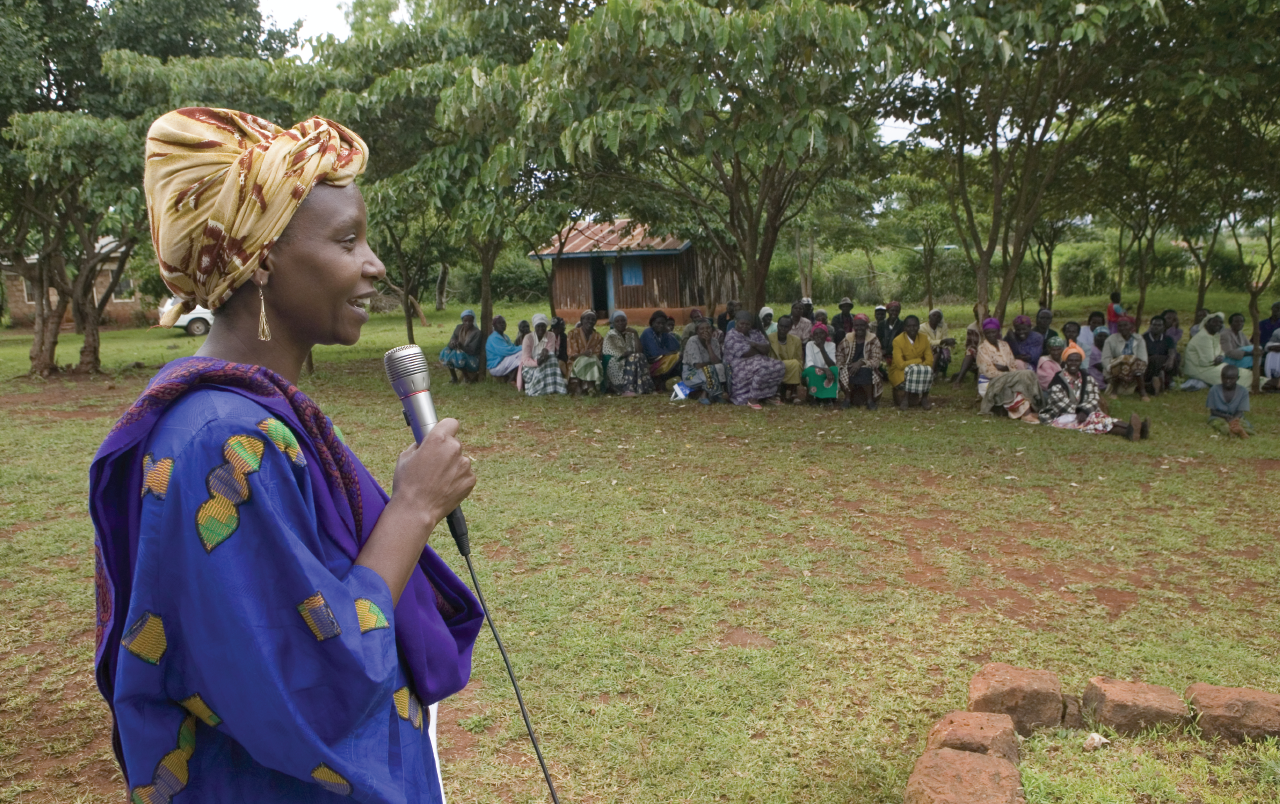Kenyan elections are rapidly approaching, and the attention is on underrepresented groups. As the polls near, women’s participation and access to the campaign arena are major topics in political discussions.
The country has an overly progressive constitution in Africa, which guarantees more participation for various groups that suffer prejudice by design or accident. Yet, women with political ambitions still have to put up with a system set against them. And so far, they are hindered from playing an active political role at the grassroots, boardroom and national political level.
It is already clear that major political parties may not be offering safety nets for women candidates. This situation is in contravention of the UN Sustainable Development Goal 5, which clearly states that women have the right to full and effective participation and equal opportunities for leadership at all decision-making levels in political, economic and public life.
However, it is a good sign that the Kenyan Cabinet Secretary for the Ministry of Interior, Dr Fred Matiang’i, recently committed to ensuring women candidates participate in the campaigns and eventual polls without threats to their life or property. How this will be enforced remains to be seen.
Experience reveals that such assurances have failed to prevent rigging and violence against female candidates and their supporters. So next year’s elections will be a litmus test for the government, political parties and society as a whole. Women need a political competition space that is free and fair, where they can be rightful winners. For starters, in international comparison, the country must still strengthen the pecking order for women. In Kenya, for instance, the number of women holding ministerial positions has been improving, from 26% in 2019 to 30% in 2020. However, a majority is assigned so-called “low rank” ministries, like sports, gender and environment. Meanwhile, their male counterparts hold “powerful” ministries, such as Defence and National security.
Global prosperity only possible with women
According to the UN Women Executive Director, Phumzile Mlambo-Ngcuka, more prosperity is achievable through equal participation. Exclusion at the decision table hinders global prosperity. Therefore, more women have to be part of the decision-making space in large numbers and as full partners. In the Kenyan election cycle, that will only be possible if more women find real progressive and sustainable spaces in the political arena to raise their voices.
So, how do we make sure that more women not only participate but have a say in political parties’ primaries? How can they secure nomination tickets and ultimately join the various legislative levels in the country? Are Kenyan political parties accommodative to women aspirants or not?
The two-thirds gender principle
Kenya’s political parties are the worst enemy of women candidates. In 2017, the political representation of women accounted for 21%. While the Constitution provides room for proportional representation by nomination through party lists ( Article 90), most parties are owned by men and rarely include women in the management structures. Therefore, the lack of women in Kenya’s political arena can be attributed to patriarchal culture. Kenyan politics are a male-only game, and women are understood as “belonging to the kitchen”.
The Kenyan Constitution provides a favourable framework for achieving equal representation of women in the political process. But political, cultural and socio-economic factors have impeded the translation of legal provisions into tangible gains for women. Power games, patriarchy and negative stereotypes continue to inhibit decision-makers in key institutions. It stands in the way of women’s political empowerment. In the future, resources should target the deconstruction of this mindset through sensitization and education. It would push women’s inclusivity in leadership positions.
For women to participate effectively and have a say in decision-making, political space must be taken, not given. Therefore, setting the two-thirds gender rule is not enough to get women into the office. What is needed are sustainable avenues for public policymaking and to train women as leaders. That, in turn, would help achieve gender equality. It would boost women’s political representation and help achieve the Sustainable Development Goals by 2030 and Article 9 (2) of the Maputo Protocol.


